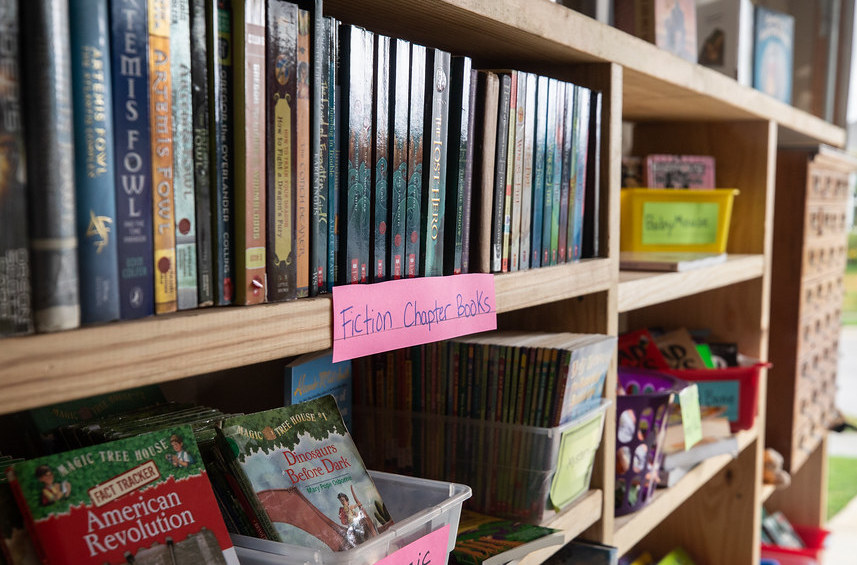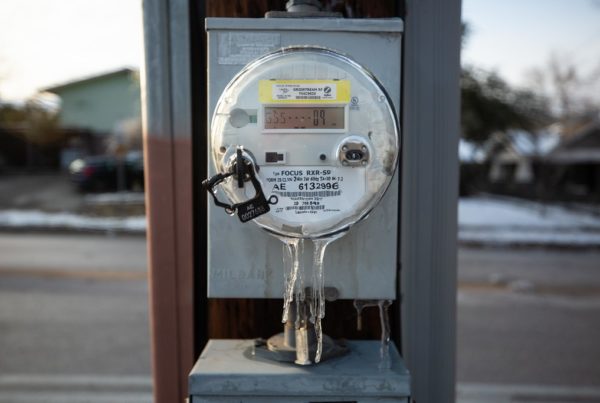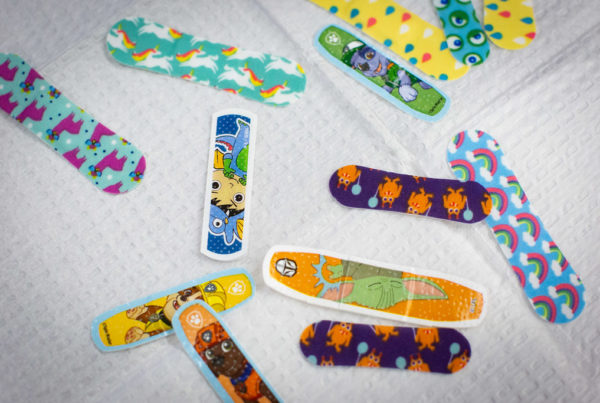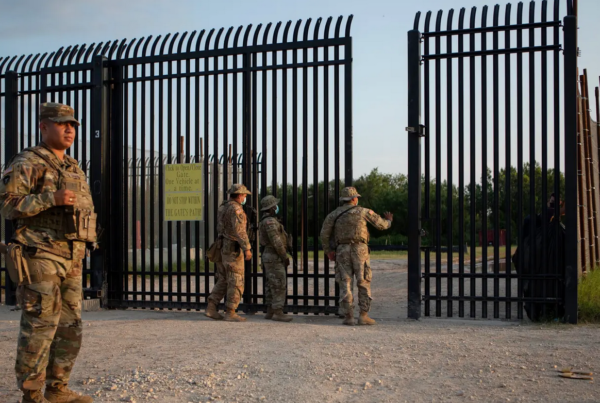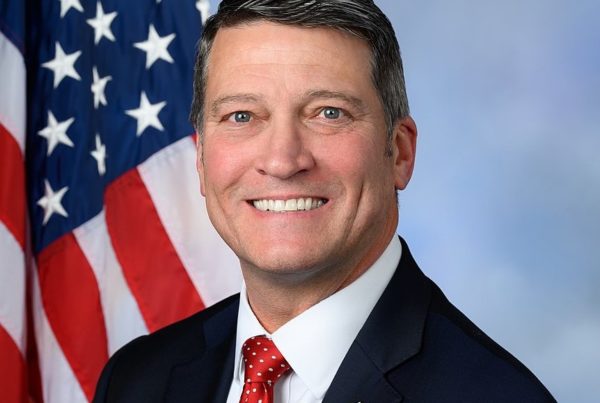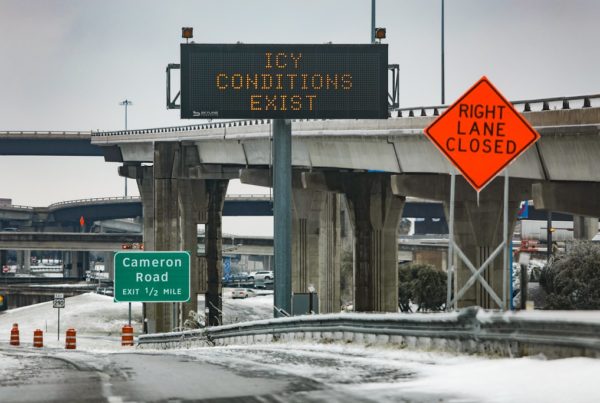Multiple Texas school districts have received more challenges to their schools’ library materials this year alone than in the past two decades combined, according to reporting from NBC News.
The majority of requests Texas school librarians received were to ban materials covering issues of racism, sexuality and gender. And Fort Worth Republican state Rep. Matt Krause compiled a list of 850 books dealing with racism and sexuality he challenged Texas schools to investigate, NBC reported.
Texas-based NBC reporter Mike Hixenbaugh spoke with Texas Standard to discuss why books on race and sex are disappearing from Texas schools. For more, listen to the full interview with Hixenbaugh in the audio player above or read the transcript below.
This interview has been edited lightly for clarity.
Texas Standard: Who is keeping track of how many books get taken out of school libraries? How do you know that it has been happening in record numbers?
Mike Hixenbaugh: Well, if you look back, the ACLU [American Civil Liberties Union] of Texas for many years tracked every year how many attempts there were to ban library books at Texas school districts. And when you look back through that history, the most challenges that they ever recorded in a single year, when they surveyed all 1,200 of the school districts in Texas, was about 151 book challenges. And that came during this movement to ban the “Harry Potter” books in the early 2000s.
What we’re seeing now, based on the records that we obtained from just a small sampling of Texas school districts, is far more than anything that’s been recorded before. Some school districts, like Keller Independent School District in North Texas, have had more book challenges this year than they had in the previous two decades combined by a long shot.
Who’s doing the banning, and what are some of the books that are being taken off shelves?
What we documented were requests by parents to have books removed or banned from school libraries. And in Texas, parents are doing that. But so are some state politicians like Matt Krause, the state representative who produced a list of hundreds of books that he wanted to removed. And the books that are being targeted, based on the records we have, overwhelmingly deal with race, the history of racism in America, sex, LGBTQ issues and predominantly books that include explicit descriptions of sex, mostly YA – young adult novels – and sex-ed books.
I have heard more on the sex-ed side when it comes to the objections some parents and politicians have raised. But what about race? Could you say a little bit more about which books dealing with racism are being banned?
There’s a wide range. A parent in Katy asked her elementary school to ban a children’s biography of Michelle Obama because she said that the way race is discussed in the book would make white children feel guilty. A parent in a North Dallas suburb asked to have copies of “How to Be an Antiracist” by Ibram X. Kendi removed and replaced with copies of the Bible.
And in lots of places, as you mentioned, the targets have been related to sex – explicit descriptions of sex. But even among those books, when you tabulate it, the vast majority of those are involving stories with LGBTQ characters and storylines.
You reported Gov. Greg Abbott is threatening possible criminal charges.
Gov. Abbott has been very vocal on this. He says some of these books, these YA – young adult books – that include passages that describe sex are “pornography,” is the word he uses. And he and parents and other lawmakers have pointed to statutes in Texas that say it’s illegal to provide children with access to pornography.
Of course, free speech advocates and librarians scoff at that idea that these books are pornography because the themes that are described are in the context of broader narratives. The books weren’t written for the explicit purpose of sexual arousal, and so they argue that this whole movement is a front to target books that talk about trans kids and LGBTQ kids and their sexual relationships.
Why now, in 2022, has this become such an issue?
This all has snowballed out of the movement that you and lots of media outlets have covered so well: the fight around race and racism following the racial reckoning in 2020. And you know, that’s metastasized into this movement against what conservatives are calling “critical race theory.” And the book and the fight around library books is just the latest chapter in that continuing story.
Does seem like Republicans are sort of leading the push to ban these books. Is there evidence that that there’s some kind of political ground to be gained in this midterm-election season?
Yeah, absolutely. Glenn Youngkin ran on this issue aggressively during his successful campaign for Virginia governor, and Republicans have definitely seized on that since then. And I even spoke with a Republican strategist on background and this library-book issue is red meat for them. And you can see they are all pushing it aggressively, not just in Texas, but in other states, with other red states with competitive governor’s races.
You reported some Texas students say their safe spaces are being converted into battlegrounds. What are you hearing from students?
I spoke with a student in Katy, a queer high-school senior, who says because her parents are not accepting of homosexuality, is not able to talk openly about this. And books, she says, especially these books that are being targeted, have been kind of her way of feeling validated and accepted. And the way he sees it is those books are the ones that are coming off the shelves. And she feels like it’s one additional area where she’s not welcome.
What about pushback from school librarians, from students or parents? Are you seeing or hearing any of that?
Oh yeah. I spoke to 10 Texas school librarians, and some of them are organizing the pushback. They they formed this social- media campaign, #FReadom, and they’re the ones who feel emboldened to speak publicly, are doing that and pushing back and saying these book-ban attempts amount to censorship. And several of the librarians I talked to just described a growing sense of fear that they could be disciplined for putting a book on a shelf or charged criminally for providing children with books that honestly have favorable reviews from school-library journals.
In fact, one librarian in Southlake, outside of Dallas, retired early, in December, after weathering one of these fights around the book, and she was ready to get out. She didn’t want to, as she put it, get caught in somebody’s snare.


